If you’ve ever found yourself asking, “Why is my dog breathing heavily?”, you’re not alone. It’s easy to confuse heavy breathing with regular panting, especially after playtime or a warm day. But there’s a difference, and knowing what’s normal can help you spot when something’s wrong. Understanding how your dog typically breathes when relaxed is the first step. In this article, we’ll explore what normal breathing looks like, how it compares to panting, and what heavy breathing might really mean. From harmless causes to serious health issues, we’ll break it all down so you know when to take action.
Table of Contents
- Normal Vs. Heavy Breathing in Dogs
- Common Reasons Your Dog Is Breathing Heavily
- Health Issues That Can Cause Heavy Breathing
- When Heavy Breathing is an Emergency
Normal Vs. Heavy Breathing in Dogs
It’s easy to confuse panting with heavy breathing. To put all things into perspective, let’s begin with normal breathing. This is the breathing you normally see. On any given day, when Fido’s cozy and just chilling around, you’ll notice that its breathing is slow and deep, about 15 to 30 times a minute. Panting, on the other hand, is when your dog breathes quickly with an open mouth, usually after a long run or game time. This often stops as the little rascal cools down and rests.
What you don’t want to see is heavy breathing. Like panting, heavy breathing involves quick breaths, but this time around, you’ll notice your furry friend struggling and putting more effort into each breath. You’ll notice that his chest and belly are moving uncontrollably, even when he’s just lying down. At times, you’ll also find that your pup is stretching his head and neck forward while trying to breathe. And these symptoms tend to stay longer than panting.
Common Reasons Your Dog Is Breathing Heavily
Stress and Anxiety
Dogs are emotional beings who feel stress, fear, and concern. These are common heavy-breathing triggers in dogs. Reasons behind anxiety can vary from suspicion, often toward strangers, and having to adapt to a new environment. Dogs can also get stressed from loud noises and being separated from their favorite human. In any case, you’ll notice your dog’s breathing is loud and heavy, and it might go on for a while, in which case you’ll need to reach out to a vet, especially if it’s a common occurrence.
Overheating
On hot summer days, it’s very likely for your dog to breathe heavily. That’s because dogs use quick and shallow breaths to cool off their bodies. This type of breathing or panting usually stops as soon as their bodies cool down, or you offer them water or take them to a cooler environment. If there’s no intense heat and your dog has no reason to be overheating, then the heavy breathing can be a red flag
Vigorous Exercise
Coming up with a good dog exercise routine is important to keep our dogs happy and healthy. If your furry friend happens to be the athletic type, you might enjoy going on long hikes and runs together, and you’ve probably noticed breathing heavily during or after the exercise. This mainly happens because your dog needs to meet its increased oxygen demand. After a few hikes, you’ll get used to the panting. Then again, if your dog doesn’t calm down after a few minutes of rest, it can be a good idea to contact a vet.
Medical Issues
If none of the above applies and you’re not sure why your dog has heavy breathing, you might be dealing with a health issue. We’re talking about problems like pain, bronchitis, cardiovascular diseases, and certain types of cancer— but more on these in the next section.
Health Issues That Can Cause Heavy Breathing
Pain
Your canine companion can’t verbally tell you it's in pain. Instead, it will breathe heavily, which can indicate that something is bothering it. The heavy breathing can be related to visible external wounds, like cuts or injuries, or internal pain from conditions such as arthritis, pancreatitis, or kidney disease.
Bronchitis
Kennel cough (CIRDC) can also lead to heavy breathing in dogs. Repeated CIRDC may lead to chronic bronchitis, which in turn causes your Fido’s airways to get inflamed, and the breathing to be heavier. Unfortunately, the effects of bronchitis can linger for weeks and even months, requiring close medical attention.
Pneumonia
Another health issue that may be causing your dog to breathe heavily is pneumonia. Pneumonia is a lung infection caused by bacteria, viruses, or fungi, and can lead to inflammation and fluid buildup in the lungs. In addition to breathing difficulties, dogs with pneumonia will usually have a fever, nasal and eye discharge, reduced appetite, and fatigue. If you notice these symptoms, you’ll want to visit the vet right away.
Left-Sided Congestive Heart Failure (Pulmonary Edema)
Pulmonary edema refers to the accumulation of fluid in a dog’s lungs. This reduces the amount of space available for air. Pulmonary edema often happens as a result of heart failure or other unexpected reasons, such as drowning, electric shock, or choking. Most dogs with pulmonary edema may also seem anxious and weak.
Cancer
Certain types of cancer can affect your dog’s lungs, trachea, or larynx, especially if it’s a senior. This can cause heavy breathing in dogs, and is usually accompanied by other symptoms such as chronic coughing and wheezing. Luckily, detecting the cancer early can help in finding a cure.
Heartworm Disease
Parasites in dogs are as common as a cold, and some of the nastiest of them are heartworms—they can live in the heart and major blood vessels. As they grow, they can block blood flow between the heart and lungs, leading to some serious complications like congestive heart failure. Heavy breathing is one of the earliest signs of heartworms. Other signs may include coughing, lethargy, and loss of appetite.
Lung Bullae
Bullae are air-filled pockets that appear in the lungs. Small bullae usually go unnoticed, but the larger ones sometimes rupture, leading to serious breathing problems. The ruptured bullae can cause air to leak into the space around your furry friend’s lungs, preventing it from expanding fully. If not treated, this condition can be life-threatening.
Cushing’s Disease
Cushing’s disease is another possible reason for heavy breathing. This disease usually occurs in the adrenal glands of a dog, where the glands start producing too much cortisol. You’ll also notice your dog drinking and urinating more than usual. While there’s no cure for Cushing’s disease, it is easily manageable.
Bleeding
Most dogs breathe heavily when they’re bleeding excessively, be it from external wounds or internal issues. Ruptured tumors or poison ingestion can lead to dangerous internal bleeding, which in turn leads to heavy breathing. Any form of excessive bleeding constitutes an emergency.
When Heavy Breathing is an Emergency
As a dog owner, you’re most likely familiar with how your dog breathes when relaxed and how it pants when it’s overheated, exhausted, or distressed. Yes, heavy breathing is normal under the usual circumstances. However, it becomes an emergency when it happens suddenly, doesn’t stop after your dog cools down and rests, and is accompanied by other symptoms.
Heavy breathing, accompanied by blue or pale gums or even collapsing randomly, can point toward a very serious health issue, such as heart failure, poisoning, or internal injuries you’re not aware of. Besides, any type of breathing that is too noisy, quick, feels painful, or is followed by coughing or gagging is a red flag. In such cases, your first course of action should be to pick up the phone and call the vet, or better yet, head over to the clinic right away.
Conclusion
So, “why is my dog breathing heavily,” you ask? The answer can range from completely normal to something that needs urgent attention. The key is knowing what’s typical for your dog and spotting when something feels off. Be it stress, heat, exercise, or a more serious health issue, being aware of the signs can help you act fast. Don’t ignore persistent or unusual heavy breathing—especially if it’s paired with other symptoms like fatigue, pale gums, or coughing. When in doubt, a quick check-in with your vet is always a smart move. After all, your dog’s health and comfort come first.



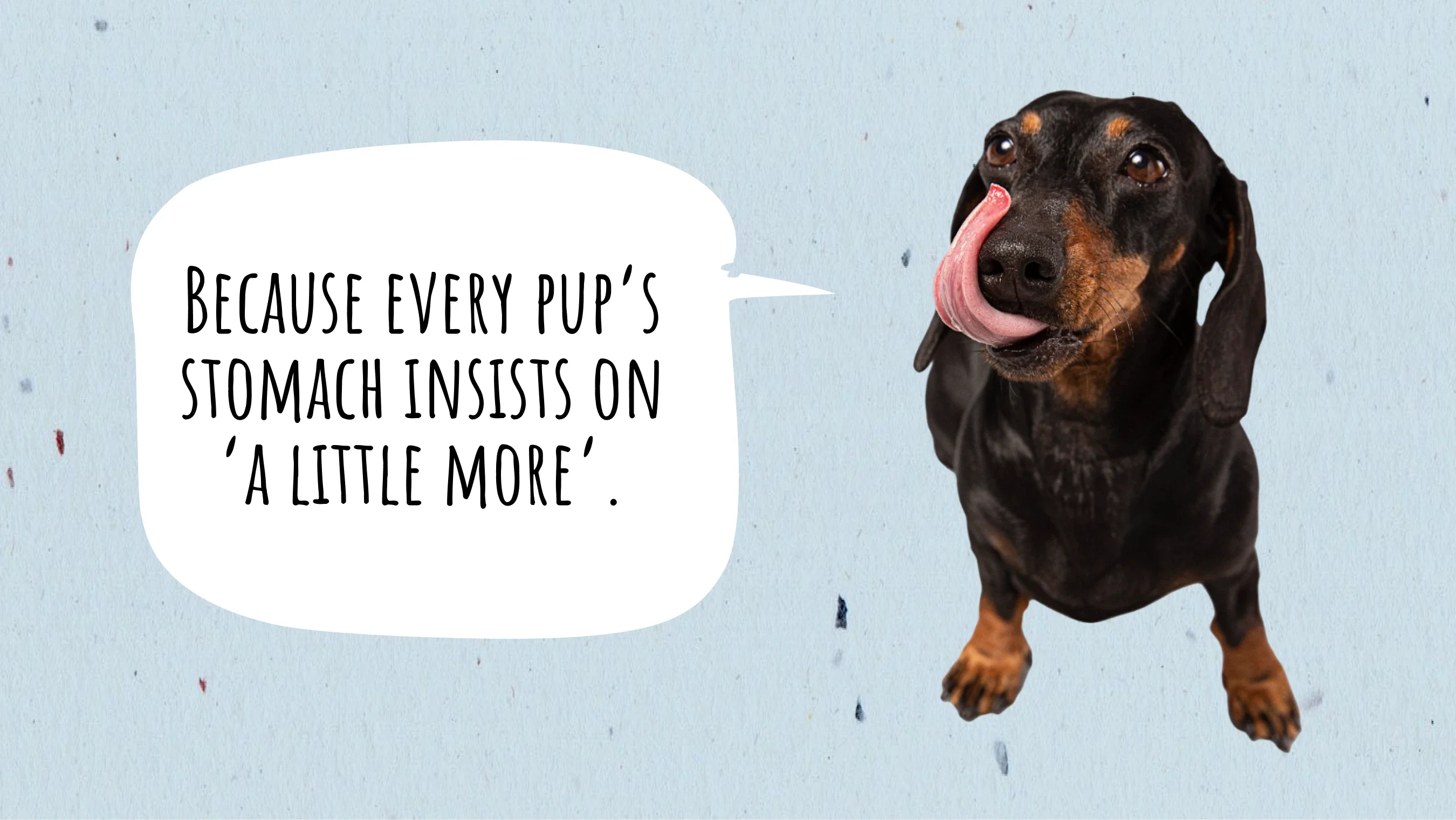
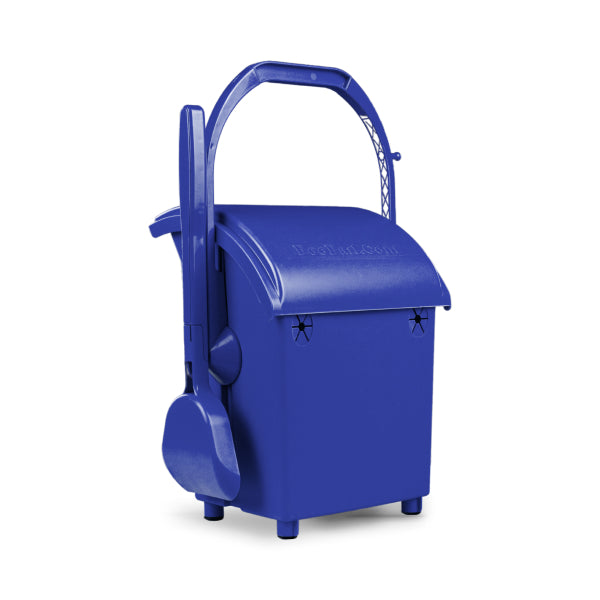

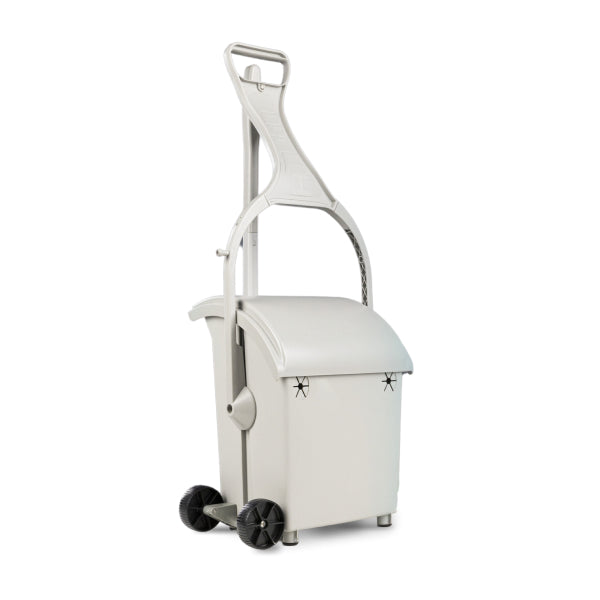

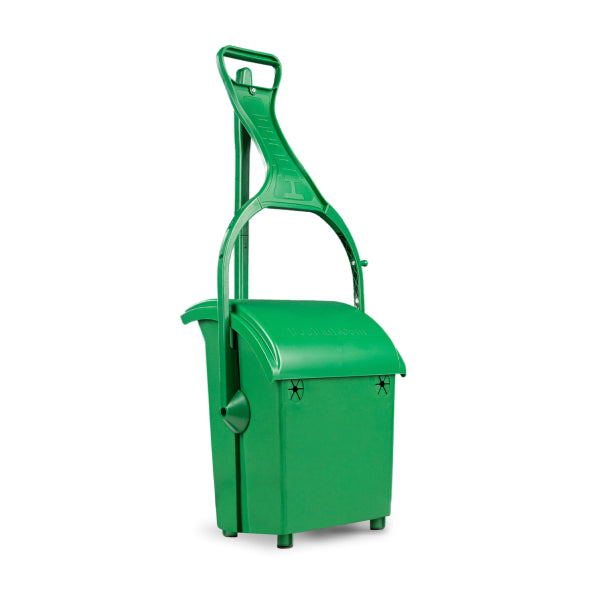
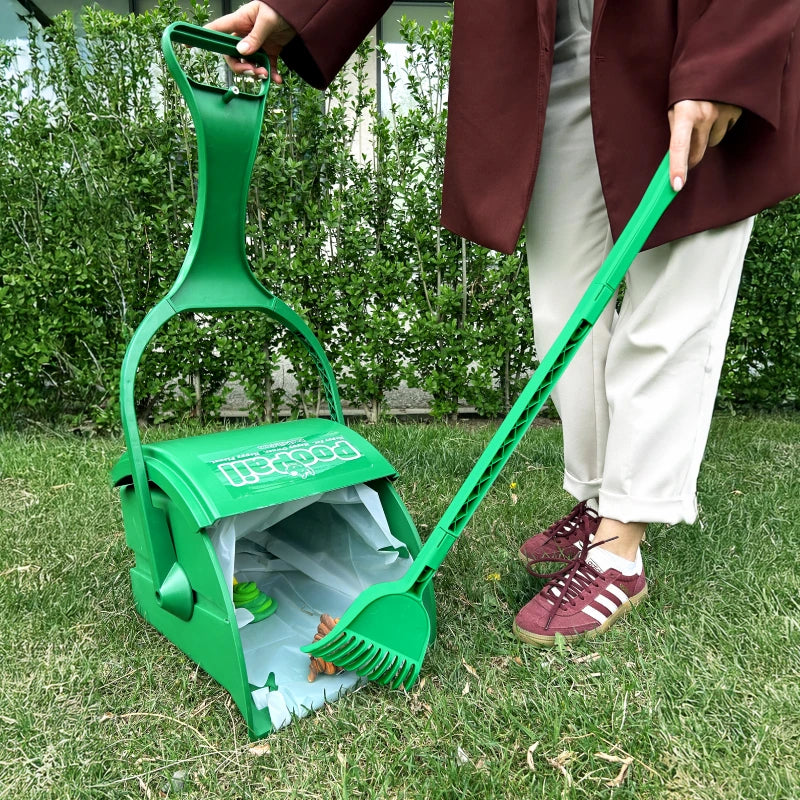


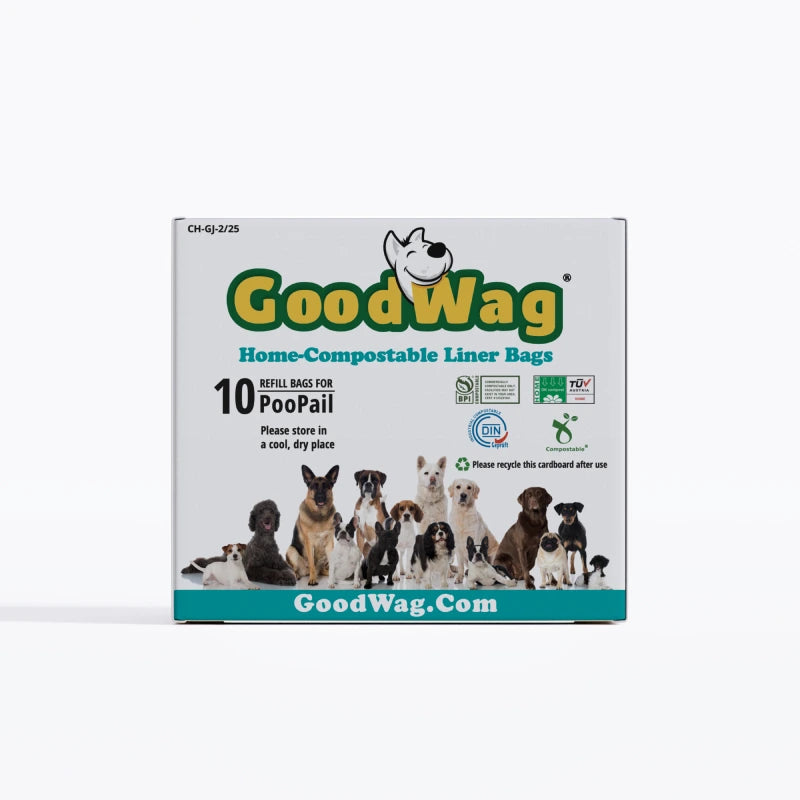

Leave a comment
This site is protected by hCaptcha and the hCaptcha Privacy Policy and Terms of Service apply.